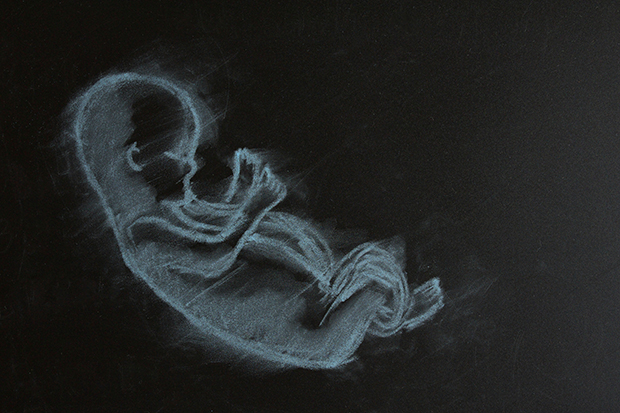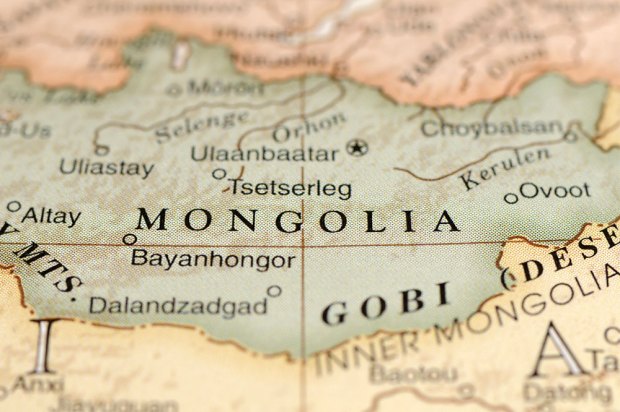In November 2013, the campaign group Abortion Rights announced their first-ever student conference. It was, they explained, in response to ‘many student unions reporting increased anti-choice activity on campuses’. Societies such as Oxford Students for Life, which I’ve been part of for the last couple of years, don’t tend to think of themselves as ‘anti-choice’, but it’s true there are more of us around. The number of young people who are opposed to abortion, or at least worried about it, is growing — this despite the usual hostility from student unions.
Just look at the results of a ComRes survey conducted in April. Asked whether the abortion limit should be halved to 12 weeks, the most likely age group to agree were, by some distance, the 18- to 24-year-olds: 48 per cent said yes, only 26 per cent no.
Most — not all — of the other surveys I have seen show more unease about abortion among young people. Gallup found a similar trend in the US. But perhaps this is not the best year to be basing an argument on opinion polls, so here is some anecdotal evidence. Although pro-life activism brings you up against a fair amount of angry opposition, I’ve been struck by how many students are sympathetic to our cause, or unsure quite what to think. This will surprise those who note — reasonably enough — that students are getting more socially liberal, and who — more dubiously — equate pro-life beliefs with social conservatism.
The truth is that people from all political backgrounds are disquieted by Britain’s abortion culture. My own convictions aren’t products of a left-wing or right-wing worldview; it’s just that I’ve never been able to shake the idea that each abortion is a death. Some say that human beings only start having rights at 20 to 24 weeks, or at birth, or at some point in childhood; all these seem to me far less persuasive than assuming that at conception, this new, unique being with its own genetic makeup is one of us.
Once you see things in that light — and learn that there are more than 180,000 abortions every year in England and Wales — you feel, or at least some of us feel, the need to speak out. Young pro-lifers are formed by many things, but they have all grown up in the age of high-quality ultrasound images. Particularly significant are the ‘4D’ scans introduced in 2001, which show the unborn moving fingers at four months and smiling and blinking a couple of months later. As the imaging technology becomes more sophisticated, it becomes harder not to see a foetus as a human being with a claim on our compassion. Not long ago I was talking to two men: one had grown-up kids, the other’s first son was on the way. As they compared notes, it became clear that the younger dad knew much more about his unborn son at 20 weeks than the older one had.
This understanding has moved quietly into the public imagination, showing up in all kinds of places: the scene in Gravity where Sandra Bullock adopts the foetal position and slowly rotates inside the womb-like structure of the spacecraft; the new Weetabix ad, ‘Incredible Inside’, a tribute to the human body which includes a black-and-white ultrasound of the unborn waving its arms and legs; artworks such as Damien Hirst’s ‘The Miraculous Journey’, 14 gigantic bronze sculptures depicting the stages of development from conception to birth.
Meanwhile, a succession of news stories reveals the extent of scientific and popular interest in the unborn. Just from June of this year: ‘Reading fairytale stories can calm unborn babies’ (Scotsman); ‘Mother’s diet before conception can affect child’s lifelong risk of disease’ (Guardian); ‘Wearable device provides continuous fetal monitoring’ (Reuters).
Those headlines are also a reminder that the abortion issue affects women far more than men. I hesitate to talk about it at all; I’m not sure I could if I hadn’t been encouraged to do so by friends who have themselves had abortions. In any case, pro-life activism should be about offering women better support; it should have nothing to do with pronouncing judgment on them. It is not even necessarily about demanding specific changes in the law. It is about suggesting that our society, which has at times explained away the rights of one group or another — religious minorities, slaves, women — is now doing the same for the very young and the very small.
Got something to add? Join the discussion and comment below.
Get 10 issues for just $10
Subscribe to The Spectator Australia today for the next 10 magazine issues, plus full online access, for just $10.
You might disagree with half of it, but you’ll enjoy reading all of it. Try your first month for free, then just $2 a week for the remainder of your first year.














Comments
Don't miss out
Join the conversation with other Spectator Australia readers. Subscribe to leave a comment.
SUBSCRIBEAlready a subscriber? Log in